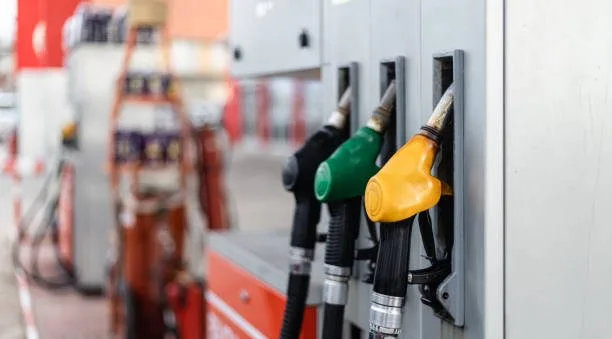NPA sets minimum retail prices for petrol, diesel and LPG
The introduction of the price floor is likely to have broader implications, potentially safeguarding smaller market participants from predatory pricing strategies and bolstering market stability. The NPA’s proactive regulatory measures could pave the way for a more structured and balanced petroleum market, benefiting both consumers and industry stakeholders alike.
- Advertisement -
The National Petroleum Authority (NPA) has kickstarted the enforcement of its new ‘price floor’ regulatory intervention in relation to the ex-pump prices of petroleum products such as diesel, petrol and LPG.
In a circular to Oil Marketing Companies (OMCs) and Petroleum Service Providers (PSPs) on April 12, 2024, the NPA stipulated that the minimum retail price for petrol should be GHS 13.2 per litre.
- Advertisement -
Diesel, the NPA also noted, is to be priced no lower than GHS 13.7 per litre. Additionally, the new price floor directive mandates that a kilogram of Liquefied Petroleum Gas (LPG) must not be retailed below GHS 10.52.
- Advertisement -
This move by the NPA is designed to establish a baseline pricing structure, ensuring that market players maintain a fair and equitable pricing strategy. The circular by the NPA explicitly emphasised the necessity for strict compliance with these new pricing regulations by OMCs and PSPs.
- Advertisement -
The price floor announcement by the NPA covers the second pricing window for petroleum products, which runs from April 16 to April 30, 2024.
The enforcement of the price floor underscores the NPA’s commitment to fostering stability and transparency in the petroleum sector, with the regulatory body taking on the responsibility of determining the price of petroleum products.
The introduction of the price floor is likely to have broader implications, potentially safeguarding smaller market participants from predatory pricing strategies and bolstering market stability. The NPA’s proactive regulatory measures could pave the way for a more structured and balanced petroleum market, benefiting both consumers and industry stakeholders alike.
Source: Norvanreports
- Advertisement -


